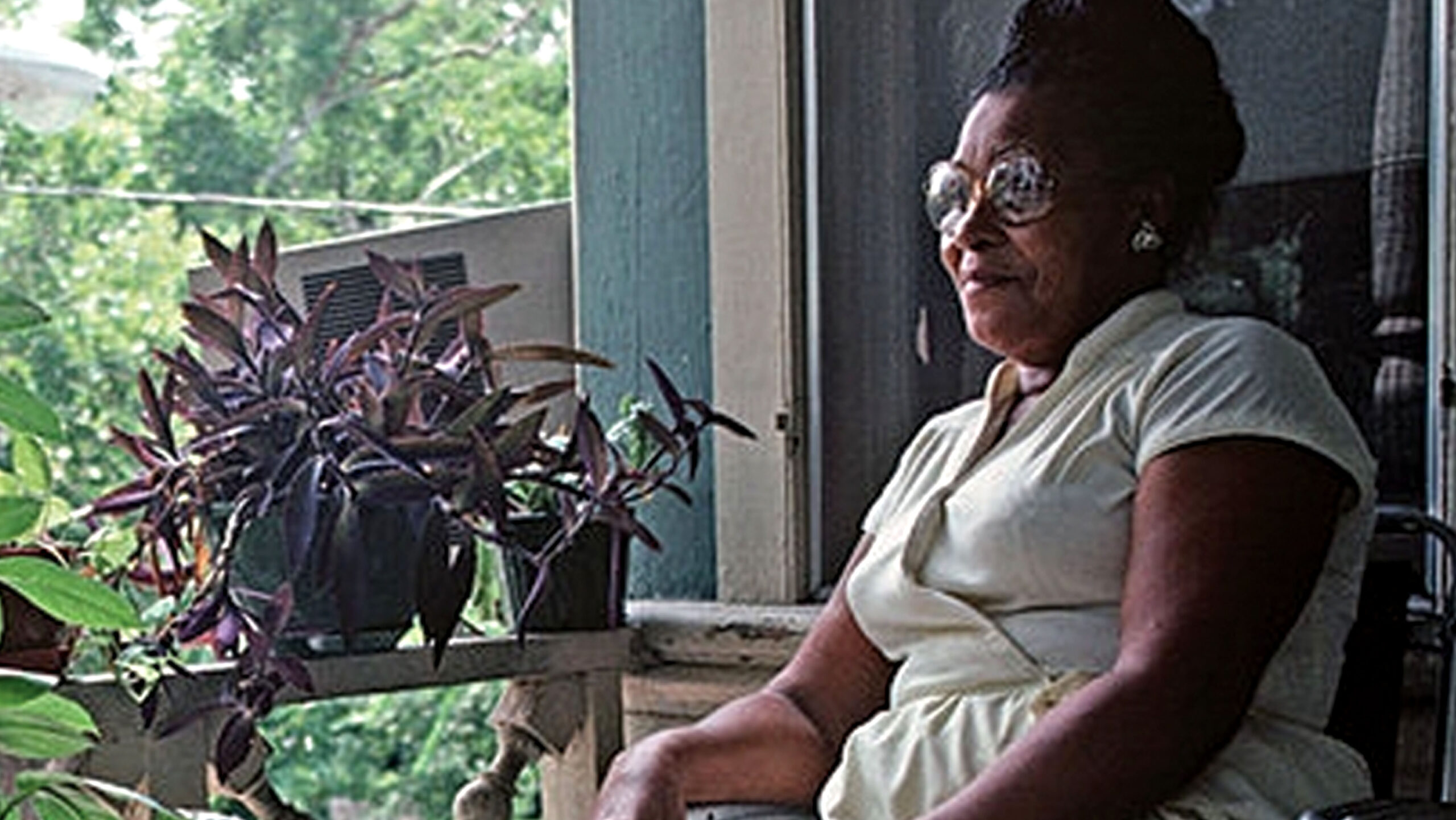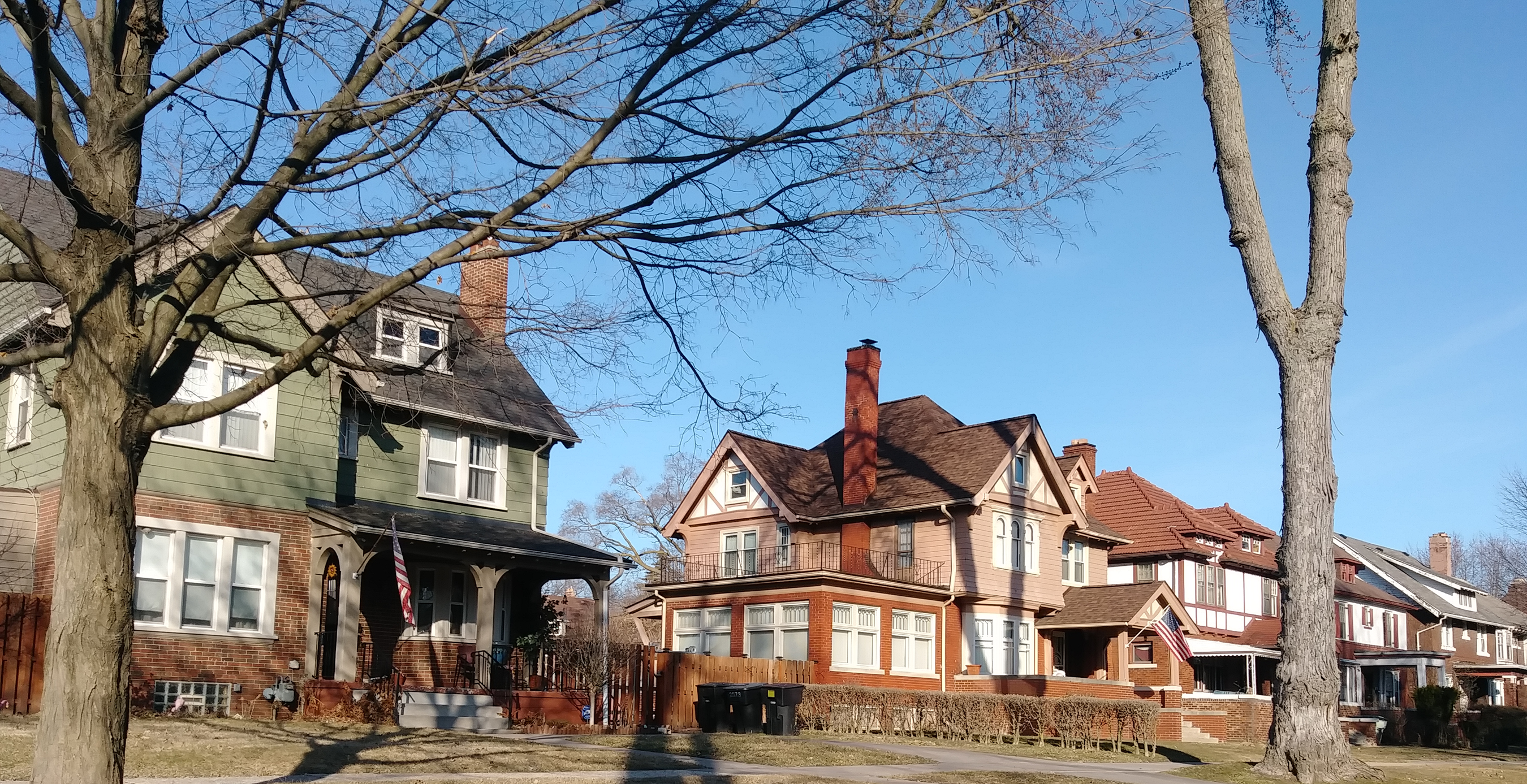The Case for Nonprofit Developers in Detroit
It is a fact that the government is not providing enough affordable housing and for-profit builders won't keep rents low. According to the Washington Monthly, "as the focus of federal housing policy shifted from government ownership to subsidizing private sector developers, Congress passed legislation designed to create powerful incentives to build affordable units" beginning in the 1960's. However, when market rates are on the upswing, for-profit developers are more likely to evict their tenants and sell their property at a huge profit or convert low income housing to market-rate apartments. Currently in Detroit, even affordable is not affordable for the majority of Detroiters [see our Gentrification and Displacement post]. After all for-profit developers' business model is to make a profit for all investors, right? Well, there are "people, planet and profit" business models, but these models are primarily adopted by social enterprises, nonprofit housing developers and community development organizations. The Washington Monthly in its article, The Case for Nonprofit Housing Developers , points out several differences between for-profit developers and nonprofits, but the glaring truth of the matter is nonprofits value people over profits!


In approximately 4,600 neighborhoods across the United States, there are community development corporations that develop or rehabilitate roughly 100,000 housing units each year for low-and moderate-income families. Community development began as a movement in pursuit of comprehensive strategies to overcome barriers of inequality in specific impoverished places as well as the government's antipoverty policies that felt very much like an attack on Black people. Then New York Senator Robert F. Kennedy and his aides conceived the idea of a "community development corporation" to "get the market to do what the bureaucracy would not" according to The Past, Present, and Future of Community Development, The changing face of achieving equity in health, education, and housing in the United States. The Economic Opportunity Act was amended to add the Special Impact Program to fund community development in urban poverty areas. Over the last 50 years, the money disappeared but community development organizations continue to use a multiplicity of strategies such as organizing, advocacy, land and housing trusts and real estate development to improve the quality of life for all.
In closing, healthcare remains a relatively untapped opportunity and strategy for community development organizations to improve the quality of life [see our white paper] across communities served. I concur with the 2013 article, the field of community development "stands on the threshold of new synergies, but it also faces challenges as never before" in 2018 and beyond. I'm not saying nonprofits are the only solution for affordable housing for Detroiters, but...
I do think ownership matters!
